Evaluation of the project to improve community awareness and response to gender-based violence in Uganda
Title Don’t stop me now! integrated support for teenage mothers in Oyam III
Location Oyam Disctrict Uganda
Lead partner CUAMM Medici con l’Africa
Partners Africa Network for Change
Funding Fondo Intesa San Paolo
Context
In Uganda, one in four adolescent girls becomes pregnant before the age of 19. In Oyam district this percentage is even higher, reaching 28.5 percent. The consequences of these early pregnancies have long-term effects in girls’ lives, including forced marriages, poverty, lack of community integration and participation, stigma, violated human rights, gender-based violence, and increased exposure to infectious diseases (HIV/AIDS).
The “Don’t stop me now! integrated support for teenage mothers in Oyam” project aims to: provide adequate and functioning sexual and reproductive health services for adolescent girls; ensure access to quality maternal services for girls and young women; improve the response for girls and women who have experienced gender-based violence; and inform and raise awareness among parents, teachers, government officials, religious leaders, and communities about sexual health and reproductive rights.
To achieve these goals, project activities over the three years included strong involvement of the local community through in-depth dialogue to help increase knowledge and awareness on SGBV and reproductive health issues, but also to provide a community response to the phenomenon of sexual and gender-based violence. With respect to the latter point, for example, a free and anonymous local emergency hotline has been set up, functional both for the prevention and reporting of incidents of gender-based violence, but also capable of offering information and support on health and reproductive rights.
The third and final year of “Don’t stop me now! integrated support for teenage mothers,” aims to strengthen the work accomplished in previous years by focusing in particular on three objectives: increasing the availability of quality health services dedicated to young people at health facilities in Oyam district, improving community awareness of and response to gender-based violence in Oyam, and ensuring the sustainability of the results achieved.
General objective
As in the past two years, the Inclusive Development Unit has been engaged by CUAMM to conduct the monitoring and evaluation activities of the third, and final, phase of the project. The evaluation will focus in particular on two objectives: to make a lunge at the new component, introduced this year, of support in legal assistance offered to victims of sexual gender-based violence, and to focus on the sustainability dimension of the results achieved, given the central role this takes on as the final phases approach.
Our contribution
The monitoring and evaluation methodology is based on a mixed approach of qualitative and quantitative methods, which allows the examination of objective data on project activities along with the perceptions of beneficiaries, partners, and stakeholders, following the OECD-DAC (2019) criteria of relevance, coherence, effectiveness, efficiency, and sustainability.
Among the specific tools for data collection, ARCO has included short questionnaires and direct interviews with the various stakeholders involved in the project. Some examples:
1) Questionnaire for adolescent girls attending youth corners (about 100 women interviewed), designed by ARCO and validated by CUAMM staff, to investigate satisfaction with the services offered;
2) Case stories to collect information on the effectiveness of legal aid received by victims of SGBV. The case stories were conducted directly by the on-site project staff, following a training by ARCO.
Read more on the Inclusive Development Unit
Related Projects
-

Evaluation of the project to improve community awareness and response to gender-based violence in Uganda
-

Research on knowledge, attitude, social norms and practice on reproductive health rights and gender-based violence in Narok county, in Kenya
-

Betting on the Future: Youth and Territory in the Empolese Valdelsa Municipalities
-
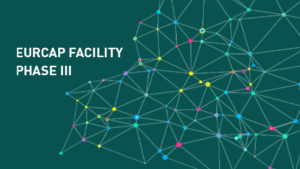
Capacity Building European Facility for the Readmission of Migrants – EURCAP, Final Evaluation
-
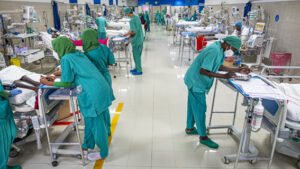
Final evaluation and SROI analysis of the project to train health personnel at the Salam Centre in Khartoum
-
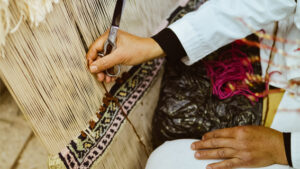
Action-research to foster the employment inclusion of persons with disabilities in Tunisia
-
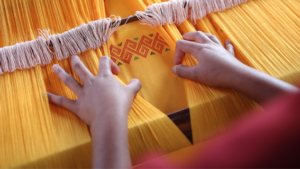
What Women Want: women’s empowerment and aspirations in MENA countries.
-

Exploratory research on accessibility of health services in Mozambique
-

Action-Research to foster labour accessibility for young people with disabilities in Kenya
-
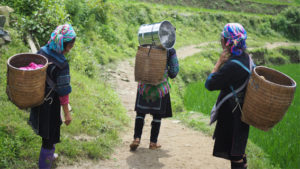
Evaluation of the project that aims to improve the health of the most vulnerable in Myanmar
-
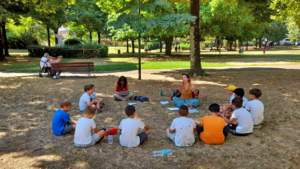
Action-Research for the Global Boyhood Initiative on stereotypes, gender roles and bullying
-
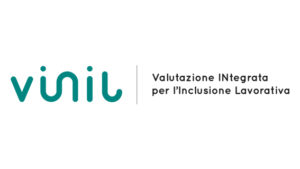
VINIL – employability assessment for persons with disabilities
-

Food Wave, Monitoring the project that promotes sustainable food consumption among young Europeans
-
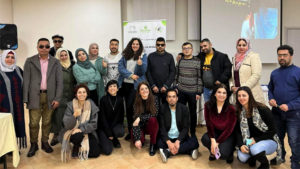
Nothing About Us Without Us: Emancipatory Research and Strategic Plan on disability in Palestine
-
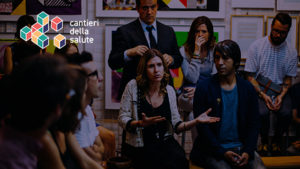
Monitoring and evaluation of the participatory processes of Cantieri della Salute in Tuscany
-

Market analysis to foster employment of young people in Mali
-
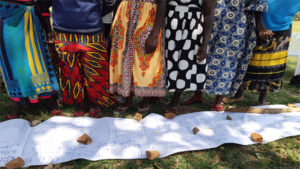
Action – Research to foster community health insurance for women in Sédhiou, Senegal
-
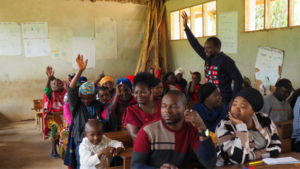
No One Left Behind: an Emancipatory Research for young people with disabilities in Tanzania
-
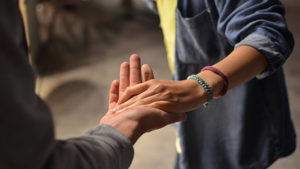
Social Board a model to contrast social exclusion, the case of Prato
-
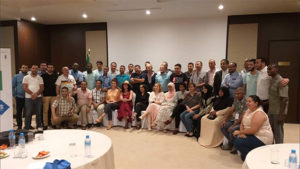
CapDeL: Incubation process for associative projects in Algeria
-

CapDeL: la ricerca al servizio dello sviluppo locale sostenibile in Algeria
-
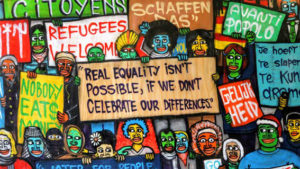
Evaluation of the SPRAR projects managed by ARCI Toscana
-

Need assessment to foster social inclusion in Tuscany
-
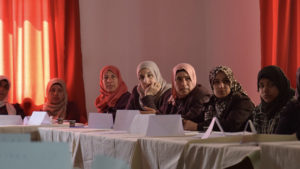
Promoting inclusive business and social entrepreneurship in Palestine
-
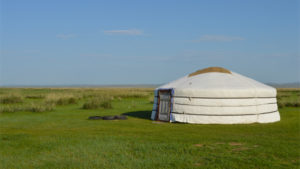
Final Evaluation of CBR Programme on disability and rights of persons with disabilities in Mongolia
-
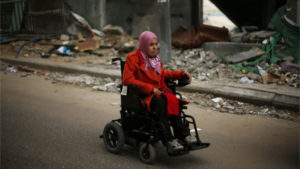
Emancipatory Research as a participatory approach to foster inclusion of women with disabilities in Palestine
-
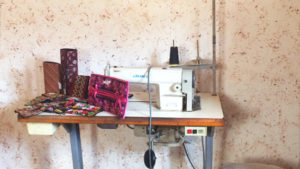
Research and consultancy for the inclusion of women with disabilities in the Gaza Strip
-
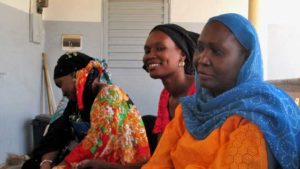
Action-Research for gender mainstreaming development in Senegal